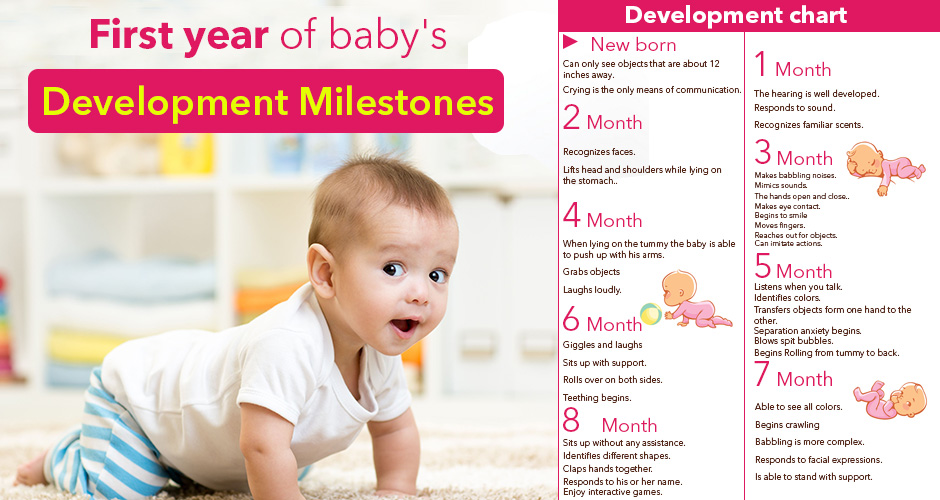 Source: bing.com
Source: bing.comYour little one is turning one! It’s an exciting milestone for both you and your baby. A lot has happened in the past 12 months, and there’s plenty more to come. Your baby’s development during their first year is truly remarkable. From a tiny newborn who could only eat, sleep, and cry, you now have a little person who can crawl, cruise, and even say a few words.
Table of Contents
Physical Development
Between 12 and 18 months, your baby will learn to walk on their own. They’ll also start to refine their fine motor skills, such as using a pincer grip to pick up small objects. They may even start to feed themselves with a spoon or fork. At this age, your baby will be able to stack blocks, turn pages in a book, and throw a ball.
Social Development
Your baby is now more interested in other people and will start to show affection. They’ll also start to understand simple instructions, such as “come here” or “give me a hug”. They may even start to play alongside other children, although they won’t be able to play with them just yet.
Language Development
By their first birthday, your baby may be able to say a few words, such as “mama” or “dada”. They’ll also start to understand simple words, such as “no” or “bye-bye”. Between 12 and 18 months, your baby’s vocabulary will expand to include more words, and they may even start to put two words together, such as “more juice” or “doggie, run”.
Cognitive Development
Your baby is now more aware of their surroundings and will start to explore their environment. They’ll be curious about everything and will want to touch, taste, and feel everything they see. They’ll also start to understand cause and effect, such as what happens when they push a button or drop a toy. At this age, your baby will also start to develop a sense of object permanence, which means they understand that objects still exist even when they can’t see them.
Emotional Development
Your baby is now more aware of their own emotions and will start to show them more clearly. They may show fear or anxiety when separated from you, and they may cry when they’re upset or frustrated. At this age, your baby is also starting to develop a sense of empathy and will start to understand when others are upset or hurt.
Conclusion
Your baby’s development during their first year is truly amazing. From a tiny newborn, they’ve grown into a little person with their own personality, interests, and preferences. As your baby continues to grow and develop, remember to enjoy every moment and celebrate every milestone.
Frequently Asked Questions
Q: When should my baby start walking?
A: Most babies start walking between 9 and 15 months, but every baby is different.
Q: How can I encourage my baby’s development?
A: Give your baby plenty of opportunities to explore, play, and interact with their environment. Talk to them and read to them every day.
Q: Should I be worried if my baby’s development seems delayed?
A: Every baby develops at their own pace, but if you’re concerned, talk to your pediatrician. Early intervention can make a big difference.
Q: When should I start potty training my baby?
A: Most children are ready to start potty training between 18 and 24 months, but every child is different.
Q: What can I do to support my baby’s emotional development?
A: Give your baby plenty of love and affection, respond to their needs and requests, and provide a safe and nurturing environment.
